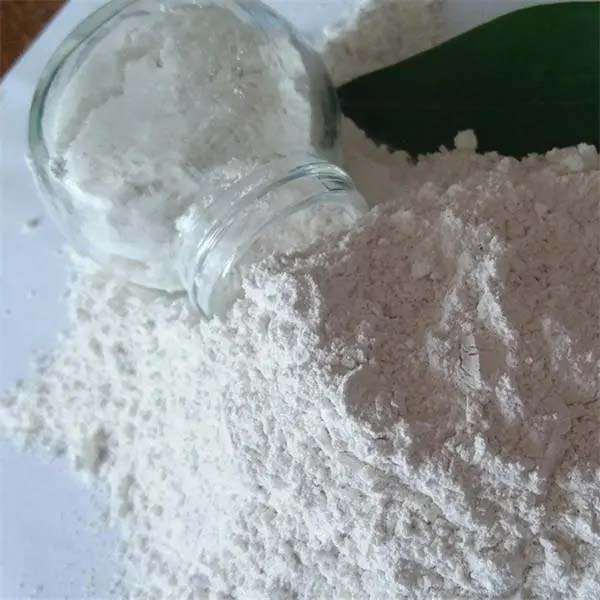Magnesium sulphate monohydrate, also known as Epsom salt, is a mineral compound popular in agriculture for its many benefits to soil health and plant growth. This fertilizer-grade magnesium sulfate is a valuable source of magnesium and sulfur, essential nutrients that play vital roles in plant development and vitality. In this article, we will explore the benefits of using magnesium sulphate monohydrate in agriculture and its positive effects on soil health and plant growth.
One of the main benefits of magnesium sulphate monohydrate is its ability to correct magnesium and sulfur deficiencies in the soil. Magnesium is a core component of the chlorophyll molecule, which is responsible for the green pigmentation of plants and is essential for photosynthesis. Sulfur, on the other hand, is an important element in the formation of amino acids, proteins and enzymes. By providing a ready source of these nutrients, magnesium sulphate monohydrate helps improve the overall nutrient balance in the soil, resulting in healthier, more vigorous plant growth.
Additionally, applying magnesium sulphate monohydrate helps enhance soil structure and fertility. It helps form stable soil aggregates, thereby improving soil porosity, aeration and water permeability. This in turn promotes better root development and nutrient uptake by the plant. Additionally, the presence of magnesium in the soil helps reduce the leaching of other nutrients such as calcium and potassium, thereby increasing their availability to plants.
As far as plant growth is concerned, magnesium sulfate monohydrate was found to have a positive impact on crop yield and quality. Magnesium is involved in many physiological processes within plants, including the activation of enzymes and the synthesis of carbohydrates and fats. Sulfur, on the other hand, helps improve the flavor and nutritional value of crops, especially fruits and vegetables. By ensuring an adequate supply of these nutrients, magnesium sulfate monohydrate promotes overall crop health and productivity.
Additionally, using magnesium sulfate monohydrate can help alleviate certain plant stress conditions. Magnesium plays a role in regulating plant water balance, helping to mitigate the effects of drought stress. Sulfur, on the other hand, is involved in the synthesis of compounds that protect plants from environmental stresses such as oxidative damage. Therefore, the application of magnesium sulfate monohydrate helps improve the adaptability of plants to various environmental challenges.
In summary, magnesium sulfate monohydrate is a valuable tool for promoting soil health and promoting plant growth. Its ability to address nutrient deficiencies, improve soil structure and support various physiological processes of plants makes it a versatile and effective agricultural input. By incorporating magnesium sulfate monohydrate into agricultural practices, growers can optimize crop health and productivity while maintaining long-term soil sustainability.
Post time: May-20-2024

